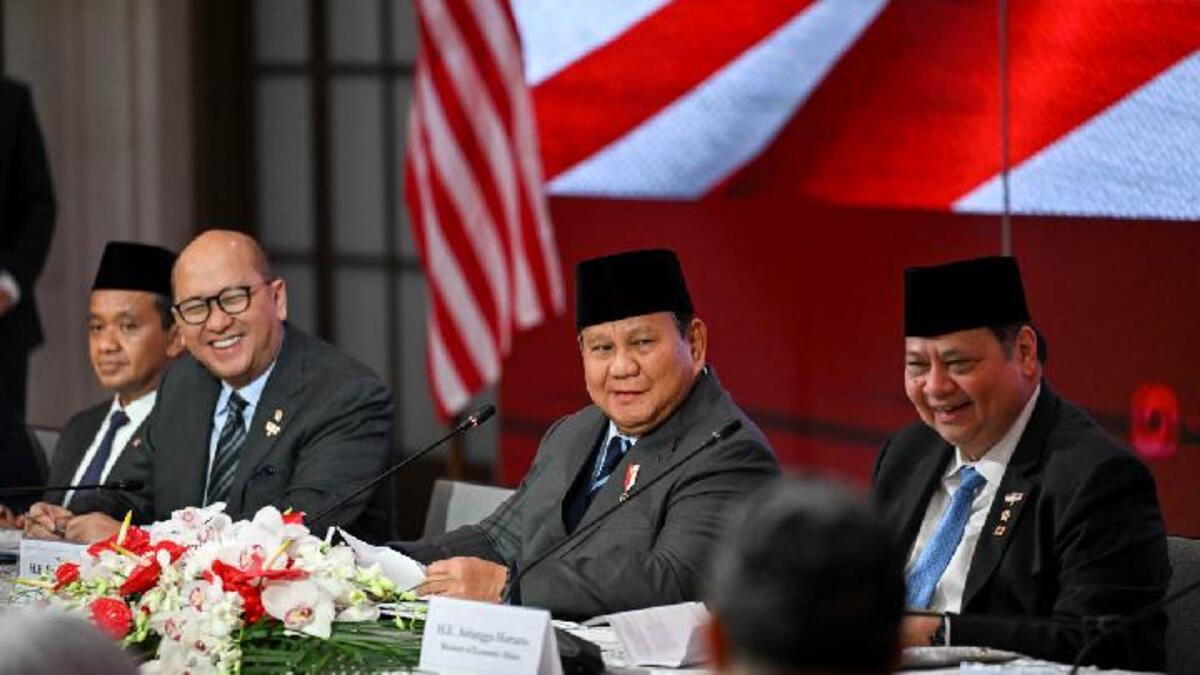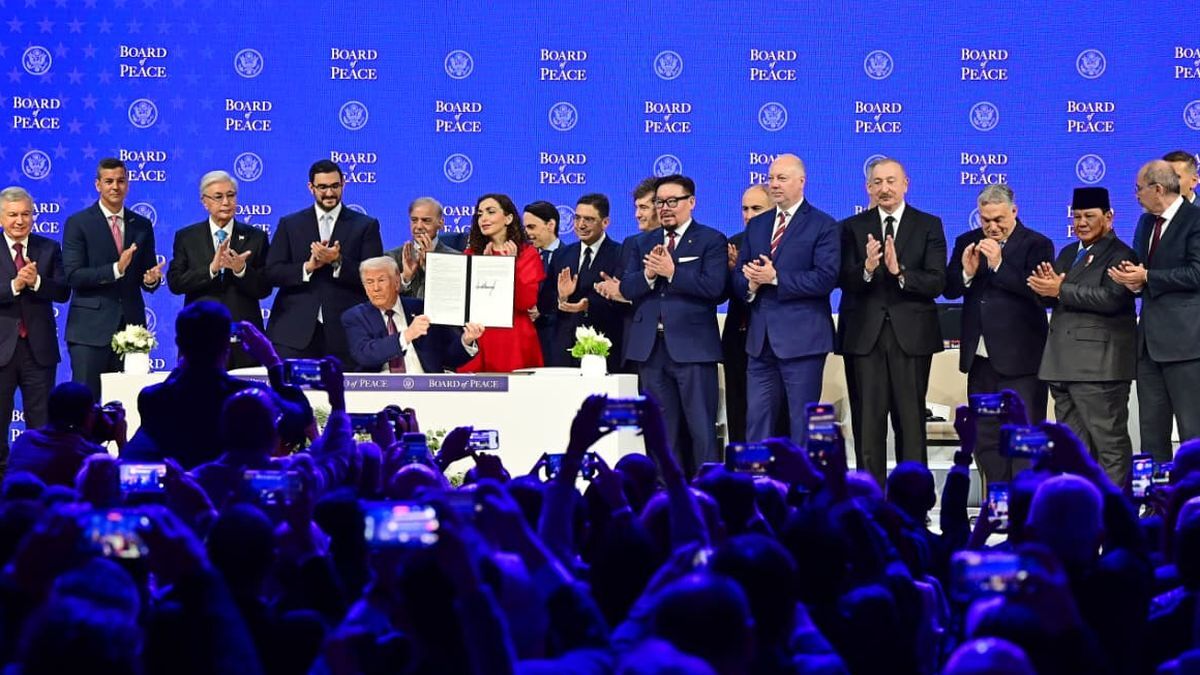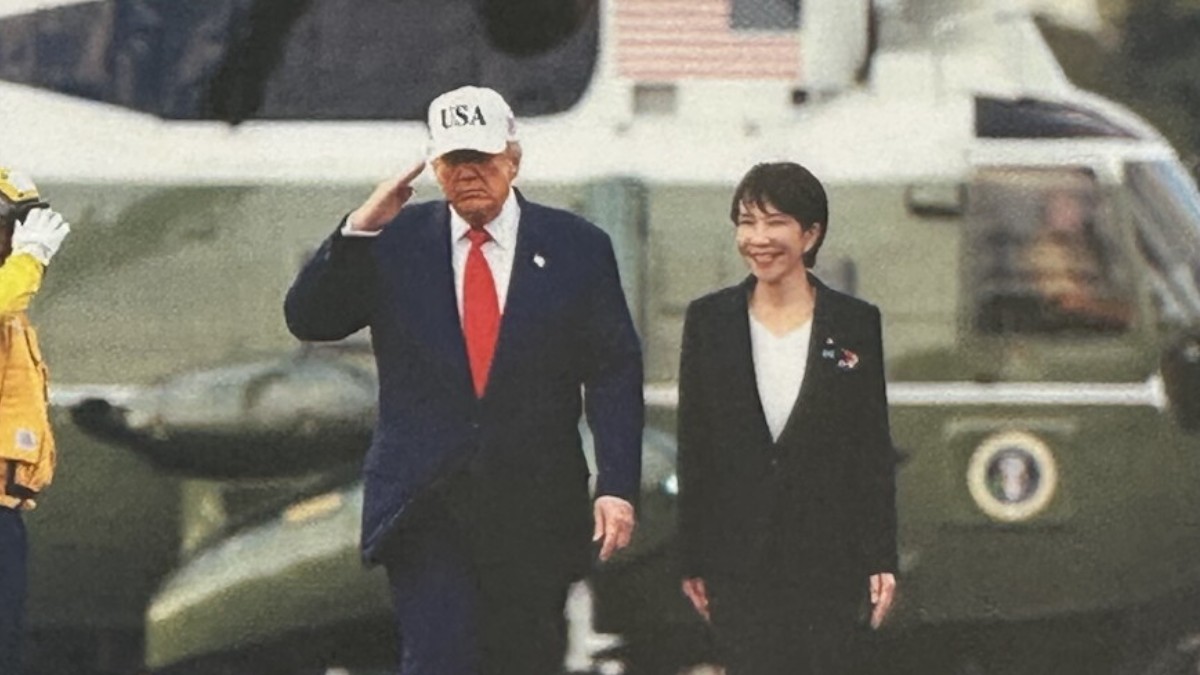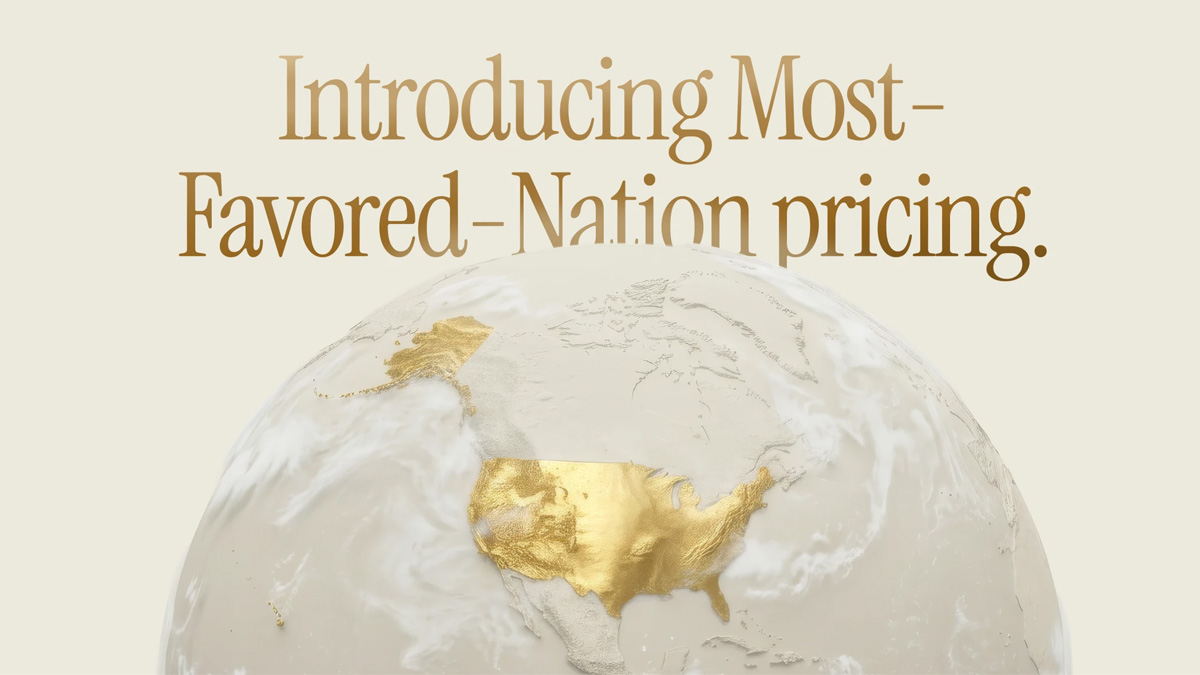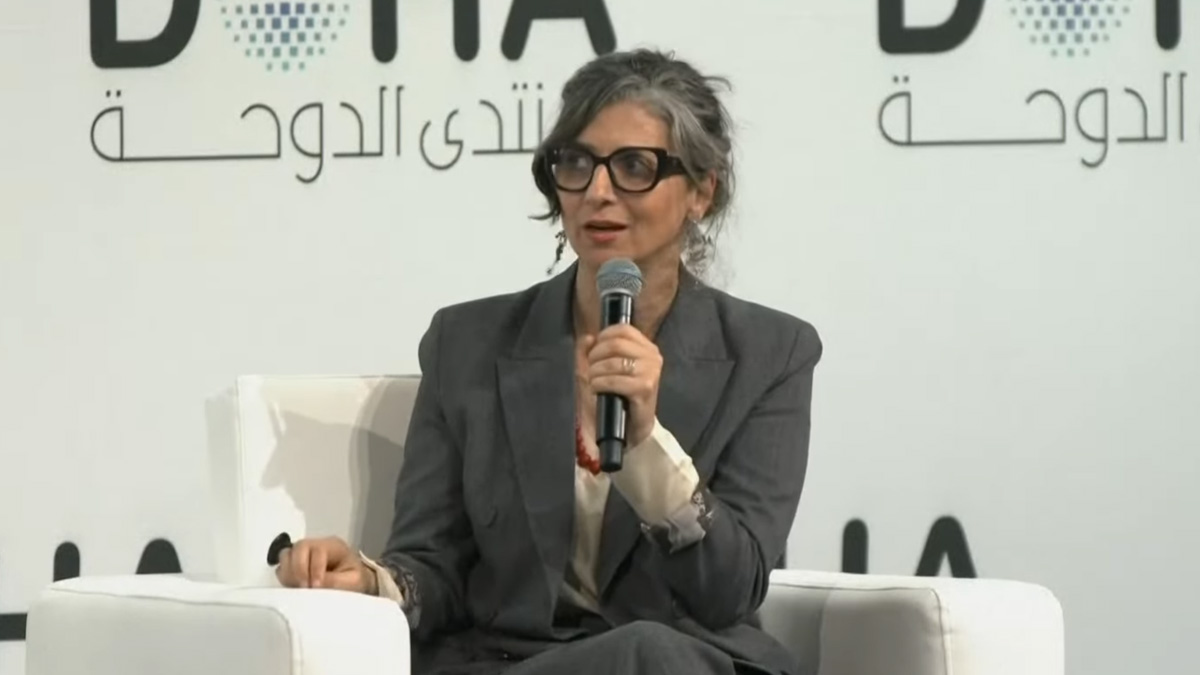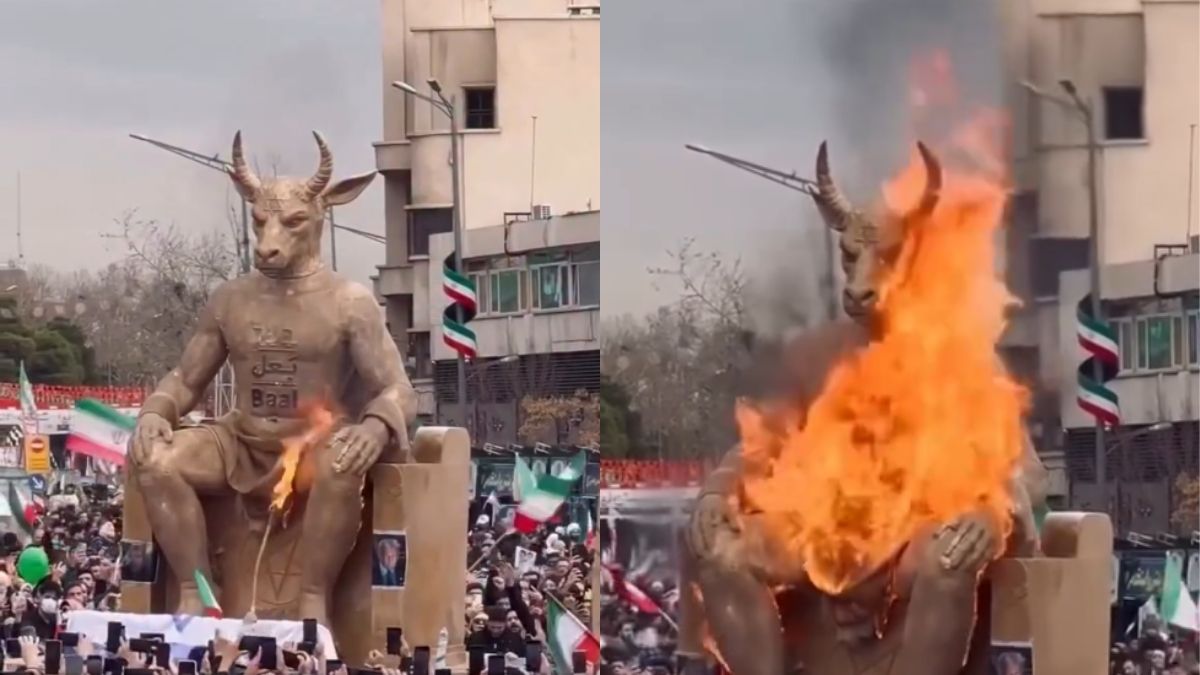Trump pledges to help end Sudan civil war after Saudi crown prince's appeal
US President Donald Trump has pledged to work towards ending Sudan’s ongoing civil war after Saudi Crown Prince Mohammed bin Salman requested US intervention during a high-profile Washington visit.

- US President Donald Trump has committed to mediating in Sudan’s civil war following Saudi Crown Prince Mohammed bin Salman’s request.
- Trump acknowledged the conflict had not been on his agenda until the crown prince urged action during his Washington visit.
- Sudan’s sovereign council expressed readiness to cooperate with the US and Saudi Arabia to pursue peace.
United States President Donald Trump announced on 20 November, 2025, that he intends to help broker peace in Sudan’s civil war, signalling a major shift in Washington’s engagement with the conflict. The move follows a personal request from Saudi Crown Prince Mohammed bin Salman during the royal’s first visit to Washington in seven years.
Speaking at a business forum alongside the crown prince, Trump admitted the conflict, which erupted in April 2023 between the Sudanese army and the paramilitary Rapid Support Forces (RSF), had previously escaped his attention.
“His majesty would like me to do something very powerful having to do with Sudan,” Trump said. “It was not on my charts to be involved in… But I just see how important that is to you, and to a lot of your friends in the room, Sudan. And we’re going to start working on Sudan.”
Trump later reinforced the message via his Truth Social platform, stating he would use “the influence of the presidency to bring an immediate halt” to what he described as the most violent conflict currently taking place in the world.
“Tremendous atrocities are taking place in Sudan,” he wrote. “It has become the most violent place on Earth. We will work with Saudi Arabia, United Arab Emirates, Egypt, and other Middle Eastern partners to get these atrocities to end.”
The pledge came amid increasing concern from regional powers about the destabilising effects of the war, particularly around the Red Sea and the broader Horn of Africa. Saudi officials reportedly urged Washington to take action, warning that extremist groups could exploit the ongoing chaos.
In response to Trump’s comments, Sudan’s sovereign council, led by army chief Abdel Fattah al-Burhan, issued a statement expressing appreciation and willingness to engage. The council, which has Saudi backing, thanked both Washington and Riyadh for their “continued efforts to stop Sudanese bloodshed.”
Burhan stated his “readiness to seriously engage with them to achieve the peace that the Sudanese people hope for.”
The war has had devastating humanitarian consequences. According to the United Nations, more than 40,000 people have been killed and nearly 12 million displaced since fighting began.
A particularly alarming development came with the RSF’s recent capture of El-Fasher, a key city in Darfur. Human rights monitors have warned of potential crimes against humanity in the region.
Despite Trump’s prior lack of involvement, US officials have been active behind the scenes. On 14 November, US Secretary of State Marco Rubio contacted the UAE’s foreign minister to press for support of a ceasefire. In an interview with AFP, Trump’s Africa envoy Massad Boulos described the Sudan war as the “world’s biggest humanitarian crisis.”
Trump’s sudden embrace of a peacemaking role comes as he continues to position himself on the global stage. Since returning to office in January, the Republican president has claimed to have resolved eight conflicts and is reportedly seeking recognition, including a potential Nobel Peace Prize.
His alignment with the Saudi leadership was underscored by his warm reception of Prince Mohammed at the White House earlier this week. The meeting has drawn scrutiny, not least because of Trump’s renewed defence of the crown prince over the 2018 killing of journalist Jamal Khashoggi.
“He knew nothing,” Trump said in reference to the murder, reiterating a position widely criticised by human rights advocates.
While the latest commitment to Sudan is yet to be translated into concrete steps, analysts suggest Trump’s personal investment — spurred by his relationship with the crown prince — could inject renewed momentum into stalled diplomatic efforts.
Whether the United States can exert sufficient influence over key players, including the RSF and external supporters allegedly involved in the conflict, remains uncertain. The RSF has previously been accused of receiving backing from the UAE, a claim denied by Emirati officials.
The path to peace will likely require complex negotiations among Sudanese factions, regional actors, and global stakeholders. Trump’s declaration may mark a turning point in international engagement, but its effectiveness will depend on follow-through and coordinated diplomatic pressure.
Origins and nature of the conflict
Sudan’s war erupted in April 2023 following a breakdown in relations between two powerful generals: Abdel Fattah al-Burhan, leader of the army and the de facto head of the UN-recognised government, and Mohamed Hamdan Dagalo, widely known as “Hemedti”, who commands the paramilitary Rapid Support Forces (RSF).
Both men had jointly seized power in a 2021 coup, dissolving a civilian-led transitional government. Their fragile alliance crumbled amid disputes over integrating the RSF into the regular army. Tensions escalated into full-scale war, beginning in Khartoum and spreading nationwide.
The RSF initially gained the upper hand, seizing Khartoum and sweeping through Darfur and Kordofan. It left a trail of destruction and human rights abuses, including looting, atrocities, and mass displacement. Despite territorial gains, the RSF failed to establish governance or public services, worsening living conditions and accelerating famine.
In response, the army adopted air strikes and armed a broad coalition of militias, including Islamists and tribal groups, to fight back. While the conflict reached a stalemate in 2024, recent army offensives have reversed many RSF gains, with the battle for Khartoum now reaching a decisive stage.
Death toll and humanitarian crisis
The civil war has resulted in catastrophic human suffering. According to estimates cited by the United Nations and aid agencies, over 40,000 people have been killed since April 2023.
The number of displaced persons has surpassed 14 million, with nearly 12 million fleeing their homes internally or into neighbouring countries such as Chad and South Sudan. Two-thirds of the population lack access to healthcare, and the majority of children are no longer in school.
The war has also triggered acute food insecurity. The UN warns that parts of Sudan are facing famine, aggravated by both sides' obstruction of aid. The RSF is accused of corruption and extortion at checkpoints, while the army has blocked humanitarian deliveries to RSF-held areas.


